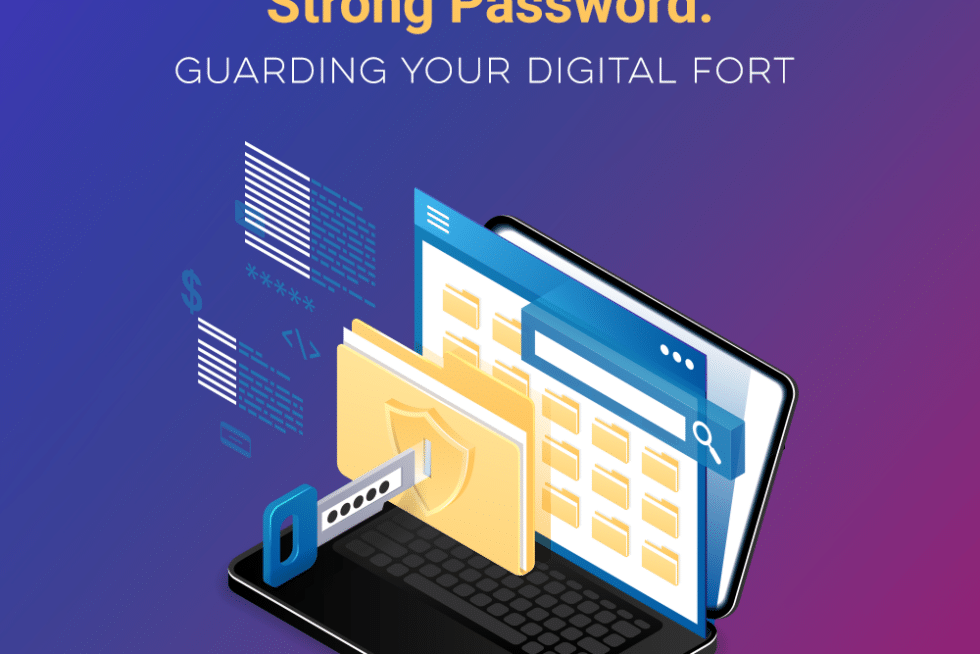It’s Cyber Security Awareness Month, and we’re here to talk about something that might not be the most exciting topic, but it is definitely one of the most important ones in this digital age – passwords. We all use them for various online accounts, but do we truly understand their significance? Today, we’ll dive into the reasons why having a strong password is crucial, how to create one, and some best practices to keep your digital fort secure.
Why Having a Strong Password Matters:
Imagine your password as the gatekeeper to your personal or professional online space. It’s the first line of defense against hackers and cybercriminals trying to get their hands on your sensitive information. Weak passwords are like leaving the back door open and inviting these intruders in. Having a strong password acts as a barrier that keeps them at bay.
Creating a Strong Password:
Now that we understand the importance of strong passwords, let’s get down to business and learn how to create one. First off, avoid obvious choices such as “password123” or “123456789.” These are among the most common passwords used worldwide and are akin to handing over your keys to anyone who wants them.
Instead, opt for something unique and complex. Here are some tips on creating strong passwords:
- Length is Key: Aim for a minimum of 12 characters; the longer, the better. Consider using a passphrase that includes numbers, symbols, upper and lower case letters.
- Avoid Real Words: Hackers have sophisticated tools that can run through millions of words in seconds. Combining unrelated words or using misspellings can make it harder for them.
- Mix it Up: Incorporate a variety of characters, including numbers, symbols, and both upper and lower case letters. For example, you could substitute letters with similar-looking symbols (e.g., “@pple” instead of “apple”).
- Don’t Reuse Passwords: It’s tempting to use the same password across multiple accounts for convenience, but this dramatically increases your vulnerability. If one account is compromised, all your accounts are at risk.
- Stay Clear of Personal Information: Avoid using information that can be easily associated with you, such as your name, birthdate, or street address.
Password Best Practices:
In addition to creating strong passwords, there are several best practices you should follow to ensure your digital fort remains protected:
- Enable Two-Factor Authentication (2FA): This additional layer of security requires users to provide a second form of identification along with their password. It could be a fingerprint scan or a code sent to your phone via SMS.
- Regularly Update Your Passwords: Change passwords periodically to minimize the risk of compromise. Experts recommend doing this every three to six months.
- Beware of Phishing Attacks: Be cautious when clicking on suspicious links or providing personal information on unfamiliar websites or emails. Cybercriminals often use social engineering techniques to trick users into revealing their passwords.
- Utilize a Password Manager: Consider using password management tools like LastPass or Dashlane that generate and store complex passwords securely.
How OCTG Can Help:
At One Click Technology Group (OCTG), we understand the importance of safeguarding your digital presence from potential threats. Our team is well-versed in web application development, web design, managed service provider (MSP), and digital marketing strategies that can enhance your online security measures. Whether you need assistance with creating strong passwords, implementing secure authentication methods like 2FA, or fortifying your website against cyber threats, OCTG is here to lend a helping hand.
So, what are you waiting for? Contact OCTG today and let us be your trustworthy allies in this digital battle for safety and security.
Stay safe, stay secure, and keep those passwords strong!



